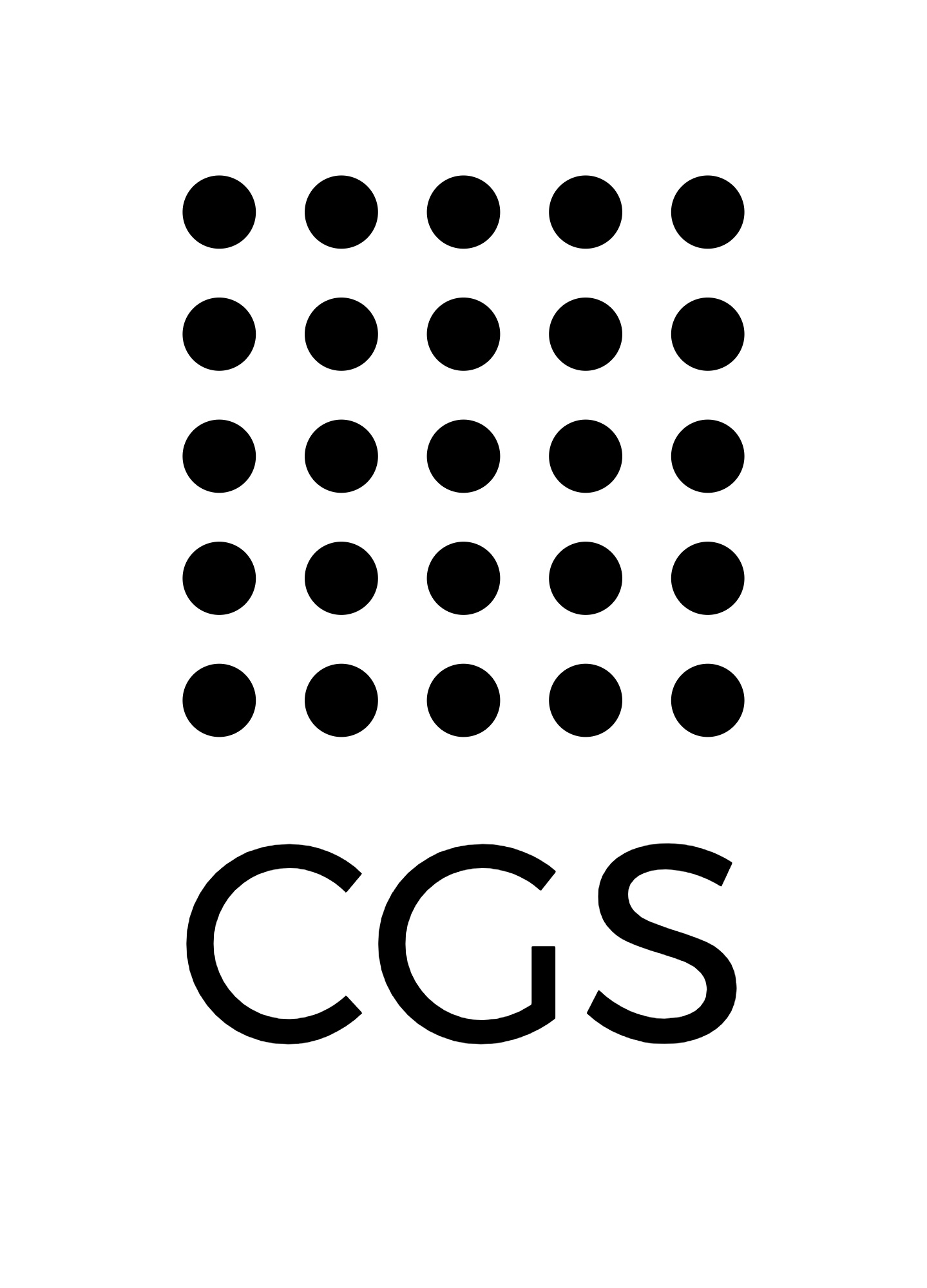End of life paperwork, and advance care planning
What’s was that Benjamin Franklin saying? “in this world nothing can be said to be certain, except death and taxes”? Except even death entails a certain amount of paperwork, and the more of it you can get done in advance, the less friction you leave behind for the people you love to try to juggle when they’re already knee-deep in grief. Here are a few tasks to complete as soon as possible when you know you’re living a limited life.
Wills
Working with a lawyer is always the preferred option. Creating a will, and communicating it to the people in your life, will greatly reduce friction after a death.
What creating a will entails: https://www.canada.ca/en/financial-consumer-agency/services/estate-planning/will-estate-planning.html
Do it yourself: https://www.thestar.com/life/advice/2018/07/31/canadians-legal-will-options-made-easy.html
Power of Attorney (POA) and Power of Attorney for Personal Care (POAP)
At the same time as you write your will, you should assign these powers of attorney to the person you feel can best represent the choices you would make if you could… when you can’t.
An advance care plan, or ACP
Advance care planning is for everyone, but often it doesn’t happen until it’s clear it has to. On the one hand, one can no longer claim it’s not getting done because of failure of imagination — on the other hand, it’s already a stressful time and now there are all these other things to think about…
Developing an ACP allows you to think through all the medical “What ifs…” What to do if my heart stops? How much pain am I willing to endure in order to remain mentally sharp?
Your palliative physician or social worker will likely be available to help you with this, but I encourage you to familiarize yourself and take notes first.
EDITH: Expected Death in the Home
In the event you’ve worked through your advance care plan, and you’ve decided to allow natural death at home, you will need an EDITH if you live in Ontario. It outlines your intention to die at home, rather than en route to or in hospital, and it lets paramedics and/or police know to be respectful of this process. Once completed, it should be signed by your palliative physician and displayed prominently in your home.
One example: https://wwpalliativecare.ca/Uploads/ContentDocuments/GDL_20170412_WWLHIN_EDITH_Guideline_FINALv8.pdf
Includes: Do Not Recusitate (DNR) -- think of it as a directive to medical staff to allow natural death. Your palliative physician will provide you with, and co-sign, this form.
Funeral planning in advance
Many clients ask me for advice about planning a funeral in advance. While I cannot recommend a funeral home, here are some guidelines to help you with your choices. Funeral homes themselves are excellent sources of ideas and support. When searching for a funeral home, consider and search also for green options, and low-cost alternatives, to broaden the range of choices.


